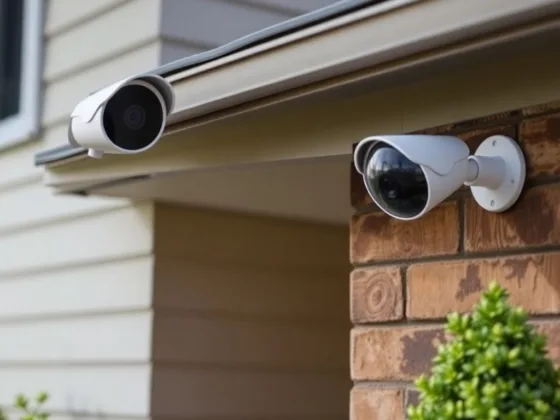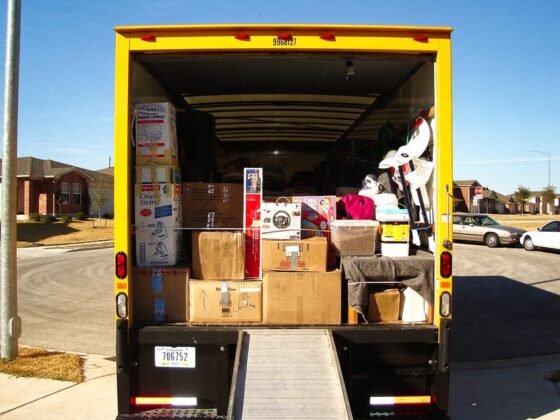Table of Contents Show
Fires, electrical or otherwise, can cause severe damage to your home and endanger the life and well-being of your entire household. Fortunately, like most other causes of fire, electrical fires are preventable. Check out these tips to ensure your home does not become another unfortunate statistic of preventable residential fire.

1. Minimize DIY – Hire an Electrician
You do not have to call in an electrician for every electrical issue in your home. There are basic repairs many people can do on their own with a little research. Nevertheless, given the dangers of electrical works going wrong, only opt for DIY if you are absolutely certain about what to do and have the experience of doing it multiple times before.
Whenever you have any doubt, err on the side of caution by engaging Professional Electrician Services in Dover, MA. Licensed electricians have the knowledge, experience, and certification needed to ensure they can perform electrical work in line with quality, safety, insurance, and regulatory requirements.
2. Never Overload Sockets
An overloaded socket is one of the more common ways home electrical fires start. You can prevent overloading by using adaptors. Use one adaptor for each socket. Also, check an adaptor’s rating before you use any appliances with it.
You do not want to have too much current being drawn through the adaptor by connecting multiple appliances. About 13 amps, or 3,000 watts of power, is the upper limit.
Read Also:
3. Keep heat-generating Appliances Unplugged
When not in use, heat-producing appliances should stay unplugged. If these appliances were to malfunction or remain on for an extended period by accident, they may overheat and start a fire.
Forming a habit of switching off these devices is vital since overheating may occur when no one is home to immediately respond to a fire. So it’s always best that you unplug your irons, toasters, kettles, and other heating appliances when they are not in use.
4. Follow Appliance Manufacturer Instructions
Instruction manuals usually don’t make out of the appliance packaging. That’s because most people assume that as long as the appliance can do what they want it to do, they do not need to read through the manufacturer’s instructions. Yet, no two appliance models are the same.
Always read the directions whenever you buy a new appliance. In the context of fire safety, pay attention to warnings that could help you avoid electrical malfunction.
Some manuals will include instructions on how you can register to be notified about important communication from the manufacturer, such as recalls, so don’t be too quick to toss those in the bin.
5. Use Extension Cords Sparingly
Sometimes a socket is not close enough to where you want a particular appliance to be. At other times, you do not have enough sockets to serve the multiple appliances you have in a certain space in the home. In these contexts, an extension cord may come in handy.
However, extension cords should be used sparingly and temporarily because they increase the risk of a socket overload. The cords themselves could be a fire and electrocution hazard if they are worn, frayed or the wires are exposed. Instead, have an electrician install additional sockets as a safer, long-term solution.
6. Update the Electrical System
Electrical systems found in older homes such as 60-amp systems, aluminum wiring, and knob-and-tube wiring come with a higher risk of overheating. If you have these kinds of legacy electrical fittings, consider upgrading your home’s electrical system to more modern materials.
That would, for instance, mean replacing aluminum wiring with copper or having at least 100 amp electrical systems, both strategies which will substantially reduce the risk of an electrical fire. There’s the added benefit of saving on insurance as well when you upgrade.
7. Look Out for Warning Signs
Certain repair and maintenance work in your home can be postponed for weeks, months, or even years without causing substantial disruption to everyday activity or endangering anyone’s health and safety. However, electrical repair and maintenance is a whole different ball game. This should be handled with urgency.
So keep an eye on early signs of electrical danger and resolve them promptly. These signs include hot sockets, plugs or switches, burn marks on sockets or plugs, exposed cables in plugs, or worn electrical cords and appliance fuses that blow up repeatedly.
More severe signs are electrical sparks when you plug or switch on a device and feeling an electrical shock when you switch on or use an appliance.
Plan for the Worst
These are some of the more important tips for preventing electrical fires in your home. Despite your best efforts, an electrical fire could still occur as a result of something beyond your control. Therefore, it’s always good practice to have a class C fire extinguisher in your house, in addition to signing up for the appropriate insurance policy.










